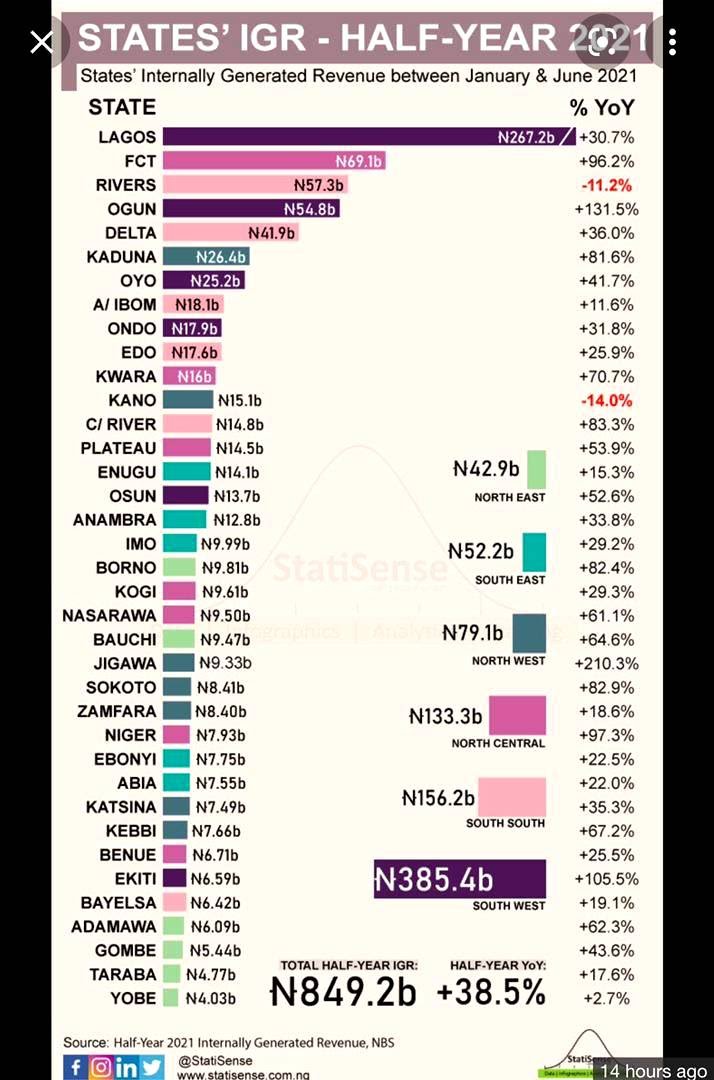With the Federal Government optimistic about December 13 Fifth Generation (5G) network spectrum auction in Nigeria, the reserve price (RP) bid of $194.7 million (N75 billion) has been ranked among the costliest in the world but topped prices from nations like India and South Africa.
Though the environments vary, RP in the USA, China, Germany, Brazil appear to be the highest in the world, according to findings by The Guardian.
For instance, RP in the USA is around $81billion; UK, £1.1 billion; Germany, €1.5 billion and Brazil, $8.5 billion. On the other hand, RP in India was pegged at INR4.92 billion ($66.2 million), South Africa between $588, 000 and $4.5 million. In Egypt, the regulator is offering 60MHz of 2600MHz spectrum with a reserve price of $150 million per 10MHz.
The Nigerian Communications Commission (NCC), which will conduct the auction in the country, had stated that interested operators are expected to pay 10 per cent of the reserved price of $197.4 million to qualify to participate in the auction. It added that two lots of 100MHz of the 3.5GHz spectrum would be auctioned next month at the RP.
NCC, at a stakeholders’ forum on the 3.5GHz spectrum in Lagos last week, disclosed that it arrived at the spectrum price by observing global best practices. It called for stakeholders’ support to ensure its success.
The NCC has however, said it was targeting revenue of N632.39 billion for the 2022 fiscal year. Executive Vice Chairman of the commission, Prof. Umar Danbatta stated this during budget defence before the National Assembly Joint Committee on Communications in Abuja.
According to him, the N632.39 billion-targeted revenue will comprise expected proceeds from 5G spectrum auction.
“Each slot of the 5G spectrum is going for an exact price of N75 billion. However, in an auction, it can go as high as N100 billion.
“The exact price for the Spectrum auction, in 2022 will give the Federal Government, N300 billion; when the projected revenue is added to it, we are expecting well over N600 billion because it is an auction. Our revenue in 2022 will be higher than what is being generated in 2021.
“For the commission’s main budget, a sum of N86.2 billion is proposed for recurrent expenditure, N29.36 billion is for Capital, while N2.55 billion is earmarked for special projects,” he said.
But going by the RP, analysts are of the opinion that only two operators, especially those with the financial war chest would be able to bid, therefore leaving many interested parties out because of the financial implications.
At the forum, the Chairman, Association of Licensed Telecom Operators of Nigeria (ALTON) Gbenga Adebayo, had expressed concern that the price came a bit high for the operators, considering the huge investments they needed to make to ensure a robust 5G roll out in the country.
Adebayo believes that the best government should have done was to make the spectrum license as affordable as possible, so the country could maximize all the potentialities of 5G technology when rolled out.
He said: “Let me say that the telcos will do everything possible to support the government to see out a successful auctioning and a smooth 5G roll out in the country.
“ However, our concern is on the reserved price for the auction. That is where the issue is and that is where all the stakeholders should look into.”
Earlier in August, the President, Association of Telecommunications Companies of Nigeria (ATCON) Ikechukwu Nnamani admitted that Nigeria should not be left behind as far as emerging technologies are concerned, but “reduced spectrum cost would help operators to deliver 5G service to subscribers at an affordable rate.”
Nnamani, who acknowledged that 5G deployment is far more capital intensive than 4G and other lower technologies, said the Nigerian Senate had during a recent public hearing on the technology, expressed concern that the operators might pass the cost to subscribers.
“There is no doubt that the operators are going to spend a lot of money to deploy 5G and they will need to recoup their investments from the service. The only way the cost can be lowered for the subscriber is for the telecoms regulator to make the 5G spectrum’s cost as low as possible, he said.
Checks on global deployment of the technology showed that in the USA, Verizon (ticker: VZ) spent $45.5 billion of the total haul, followed by $23.4 billion by AT&T (T) and $9.3 billion by T-Mobile US (TMUS). It will cost the winning bidders another $14 billion to clear the spectrum for use by wireless companies. Satellite companies such as the bankrupt Intelsat currently occupy it.
The auction, which was conducted by the Federal Communications Commission—began on December 8, 2020 with bidding ending in January. It included two categories of licenses, which will become available in late 2021 and late 2023.
The auction in Brazil started on November 4, with expectations that it will raise around 10 billion reais ($1.87 billion) based on the minimum bids allowed.
The winning bidders will be required to invest about 40 billion reais in 5G infrastructure, the government predicts, with the level of capital expenditure also considered as part of the bid value.
In the UK, the bidding process concluded earlier in March, raised £1.36 billion for the 200 MHz of spectrum on offer, exceeding the £1.1 billion reserve price set by Ofcom.
Vanguard








